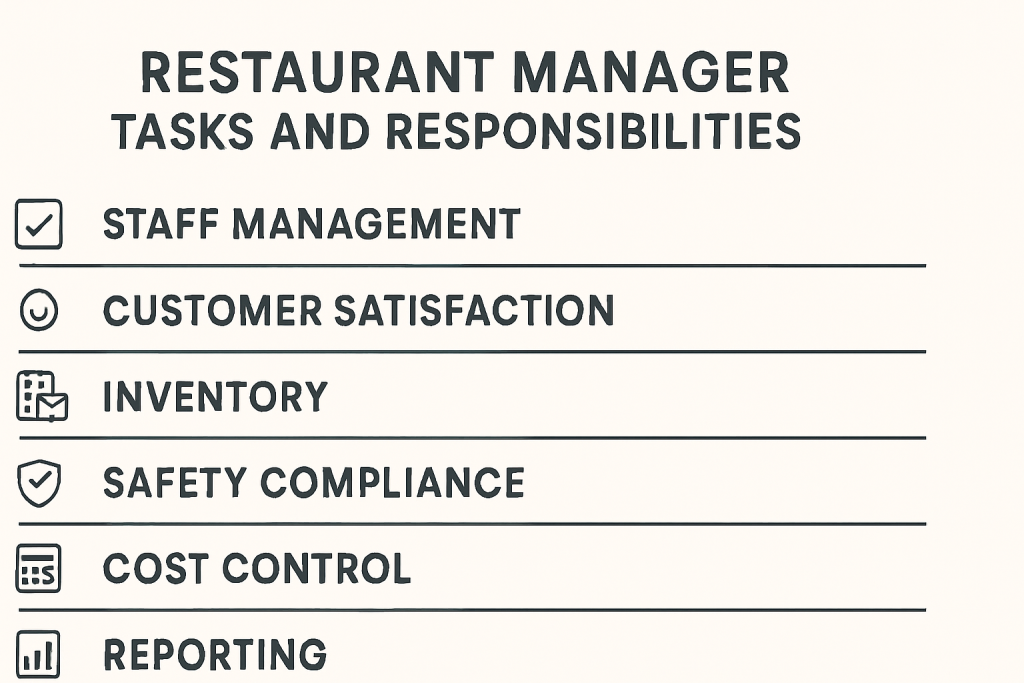Running an efficient restaurant is crucial for success in the fast-paced industry. One of the most effective ways to boost efficiency is through comprehensive restaurant staff training. By equipping your team with the necessary skills and knowledge, you can streamline operations, enhance customer service, and ultimately increase profitability. In this guide, we’ll outline a 9-step training program to help your restaurant achieve peak efficiency.
Step 1: Implement a Comprehensive Onboarding Process
Develop a structured onboarding program for new hires. Cover all essential information, including company policies, safety procedures, and job responsibilities. Assign a mentor to guide new employees through the training process. This ensures a smooth transition and sets them up for success from the start.
Step 2: Provide Ongoing Training Opportunities
Offer regular training sessions to enhance skills and knowledge. Focus on areas such as customer service, food and beverage knowledge, and upselling techniques. Encourage staff to pursue certifications and further education in the hospitality industry. Continuous learning keeps your team up-to-date and motivated.
Step 3: Emphasize Communication and Teamwork
Train staff on effective communication techniques, both with colleagues and customers. Foster a positive team environment through team-building activities and exercises. Encourage open dialogue and feedback among team members. Strong communication and collaboration are key to efficient operations.
Step 4: Streamline Workflows and Processes
Identify bottlenecks and inefficiencies in your current workflows. Develop streamlined processes for tasks such as order taking, food preparation, and table turnover. Implement technology solutions, such as POS systems, to automate repetitive tasks. Streamlining workflows reduces errors and improves overall efficiency.
Step 5: Cross-Train Your Staff
Train employees to perform multiple roles within the restaurant. Cross-training reduces dependence on individual staff members and increases flexibility in scheduling. Encourage staff to learn new skills and take on additional responsibilities. This versatility enhances efficiency and resilience.
Step 6: Focus on Time Management
Train staff on time management techniques to improve productivity. Set clear expectations for shift responsibilities and task deadlines. Use tools such as scheduling software to optimize staff scheduling and minimize downtime. Effective time management is crucial for efficient restaurant operations.
Step 7: Provide Performance Feedback and Recognition
Regularly review staff performance and provide constructive feedback. Recognize and reward employees for outstanding performance and achievements. Create a culture of continuous improvement and support professional growth. Motivated and engaged staff are more likely to contribute to overall efficiency.
Step 8: Stay Up-to-Date with Industry Trends
Train staff on the latest industry trends, technologies, and best practices. Attend conferences, workshops, and seminars to stay informed and connected. Encourage staff to share new ideas and innovations to improve restaurant operations. Staying ahead of the curve ensures your restaurant remains competitive and efficient.
Step 9: Measure and Track Progress
Establish key performance indicators (KPIs) to monitor staff performance and operational efficiency. Use data analytics and reports to track progress and identify areas for improvement. Regularly review training programs and make adjustments as needed to ensure ongoing success. Data-driven decision-making is essential for continuous improvement.
By following this 9-step guide to improve restaurant efficiency through staff training, you can empower your team to deliver exceptional service, optimize operations, and drive business growth. Remember, investing in your staff’s development is an investment in the success of your restaurant. For more tips and resources on staff training and restaurant management, check out our additional content. Take action today and watch your restaurant thrive!



